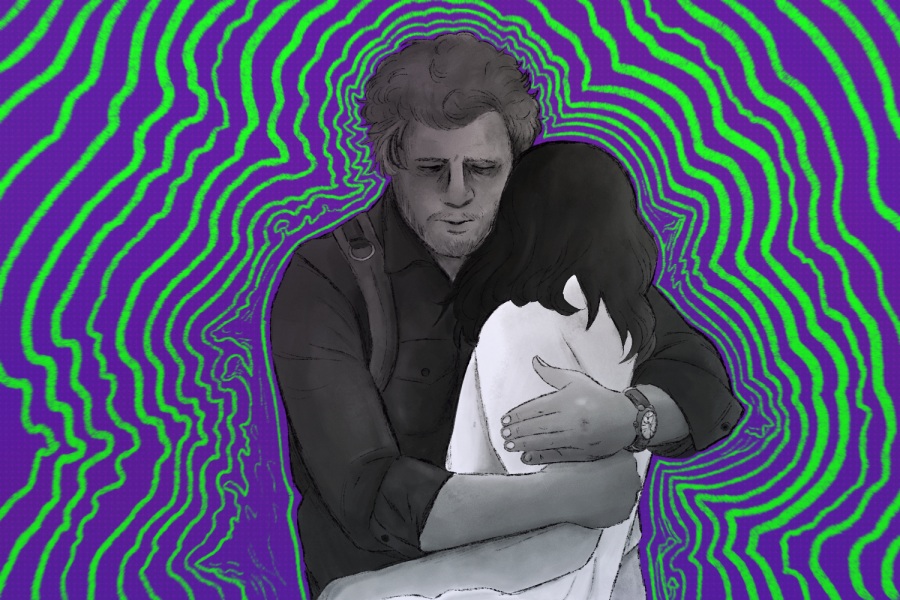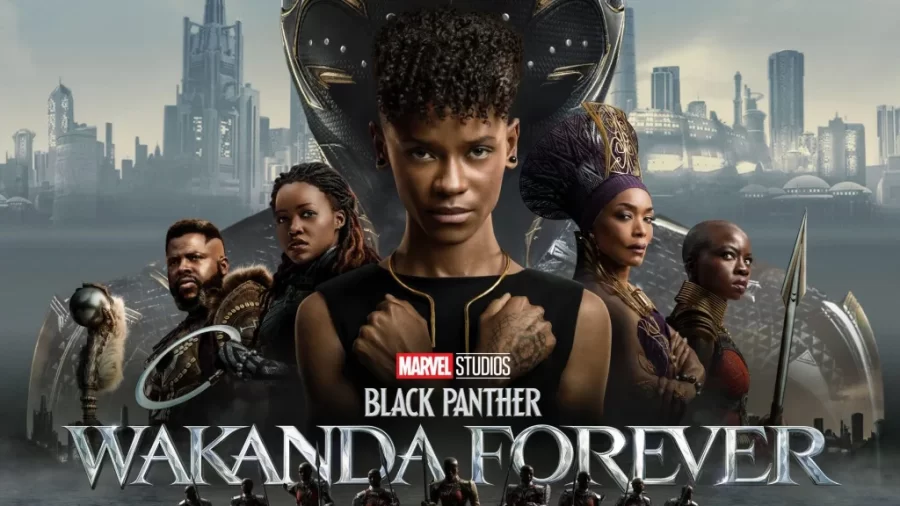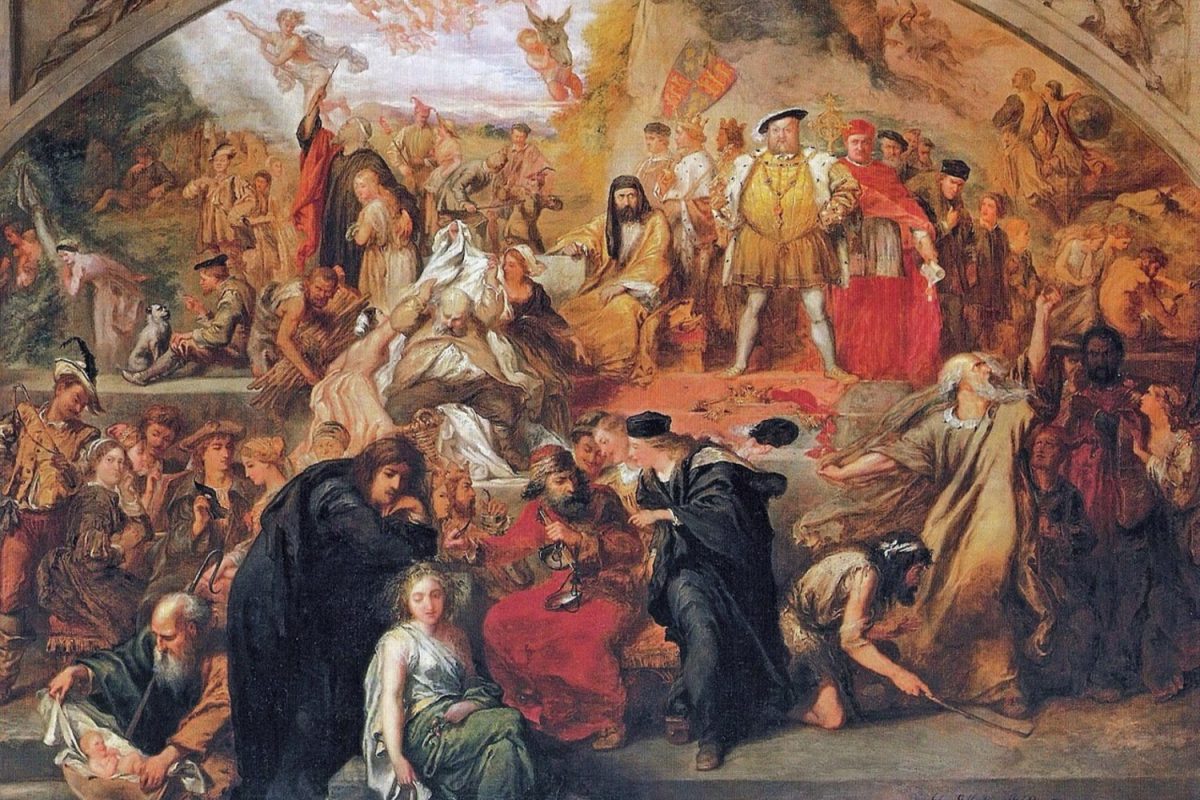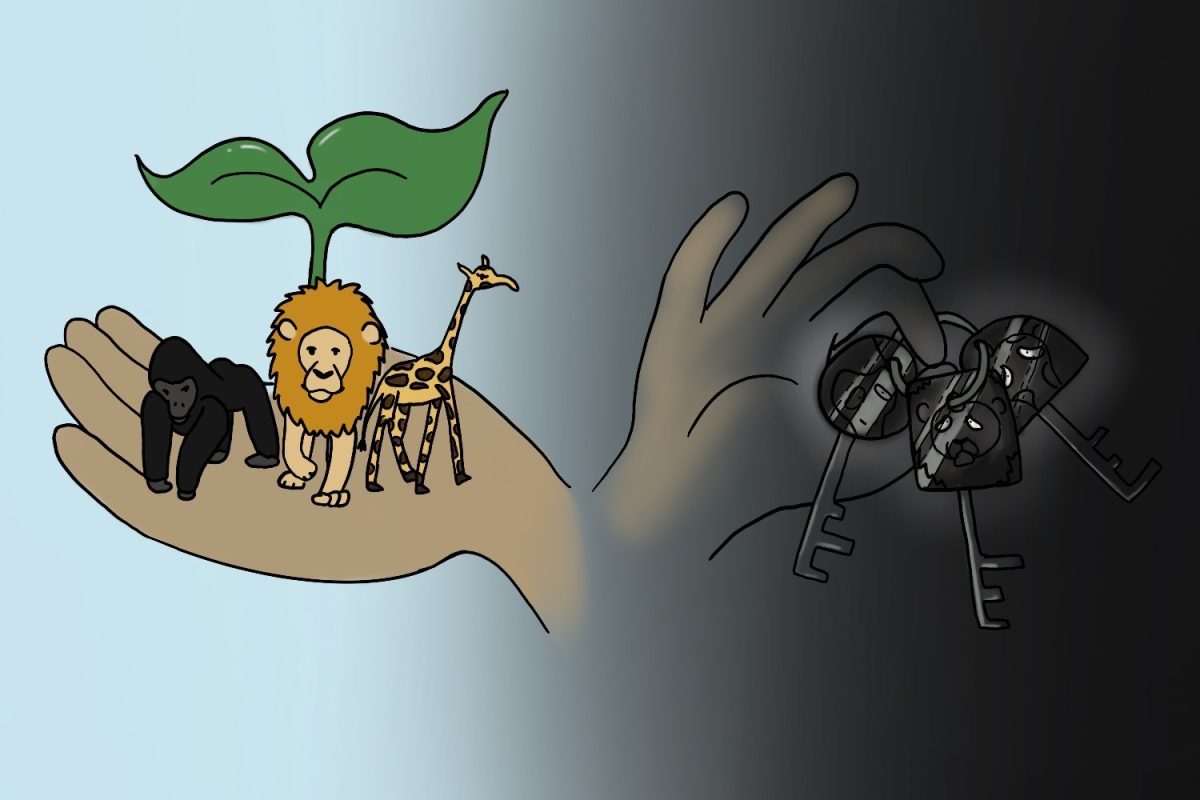
What do you get when you cross Lorde’s melancholy with The 1975’s sound and Taylor Swift’s songwriting skills? Why, Conan Gray, of course.
Gray’s newest album, “Kid Krow,” captures both the intense highs and lows of adolescence, from having unrequited crushes to losing bonds with best friends. It is, at once, a classic, coming-of-age pop album that uniquely interprets the experience of growing up in the generation labeled the most “depressed in history.”
Gray opens the album with “Comfort Crowd,” a raw, emotional track about the bone-chilling loneliness that marks the transition from adolescence to adulthood. It is reminiscent of Gray’s earlier works while effortlessly introducing the sound he has evolved into. This track stands out due to the sheer intimacy of it — it rings out like a plaintive cry into the unknown for someone, anyone, to listen.
“Comfort Crowd” is followed by “Wish You Were Sober,” one of the stand-outs from the album. If you closed your eyes and imagined female vocals instead of Gray’s unmistakable tenor, you could believe it came right out of Taylor Swift’s “1989” album. However, the angst and blunt delivery of the lyrics is distinctly Gray’s, exemplifying his unique ability to take inspiration from other artists and make it his own.
Another favorite of mine is the single “Maniac,” which is — and there’s no other way to put it — cathartically angry. Gray releases a maelstrom of pent-up frustration over an elusive lover that, coupled with a catchy tune, is guaranteed to keep you humming long after the song ends.
“The Cut That Always Bleeds,” offers a much-needed lull in the album with a stark contrast to the energy of the previous tracks. It features some of Gray’s most emotive songwriting yet, covering topics such as captivity, betrayal, and blind devotion. In the final verse, Gray switches the lyrics from “can’t” to “could,” completely flipping the tone of the song from resigned to desperate: “I could be your lover on a leash / every other week / when you please.”
With all these melancholic love songs, it may be easy to dismiss Gray as just another angsty teenage songwriter. However, Gray proves himself to be much more than that with the song “Affluenza,” which criticizes society’s preoccupation with material goods.
Gray sings, “All these kids have got affluenza / Going wreckin’ their daddy’s Benz, ah / Crystal liquor cups and designer drugs, oh, oh.”
Living in the Bay Area, the “affluenza” that Gray identifies is unmistakable in the classrooms and hallways of my high school, where kids boast of their AirPods, Teslas, and trendy drugs. “Affluenza” not only exposes one of the deepest flaws of my generation — that is, the obsession with “more” — but also criticizes the generation that molded us into the materialistic machines we are today.
“Daddy’s got a new mansion to keep / He never really calls back / ‘Cause he’s got too many finances to reap,” he sings.
Gray closes the album with “The Story,” a song detailing his past, present, and future. Gray reverts back to the songwriting that made him famous in the first place: nostalgic anthems about growing up and moving away. However, Gray’s fame has changed him as a person, opening him up to a greater perspective of the world. Through “The Story,” Gray shuts the book on the last chapter of his life. While it is clear that he will never truly change from the aspiring Texan singer who made covers in his bedroom, he is, at the same time, no longer the same small-town boy desperate to make something of himself.
There are truly no skips on the album. Each song, whether it be a bitter revenge track or a nostalgic ballad, contributes something unique to the album, which inexplicably remains sonically cohesive. Despite the universally covered topics of love and loss, Gray manages to infuse the album with a quality that is authentically Gen Z.
[star rating=”5″]






















